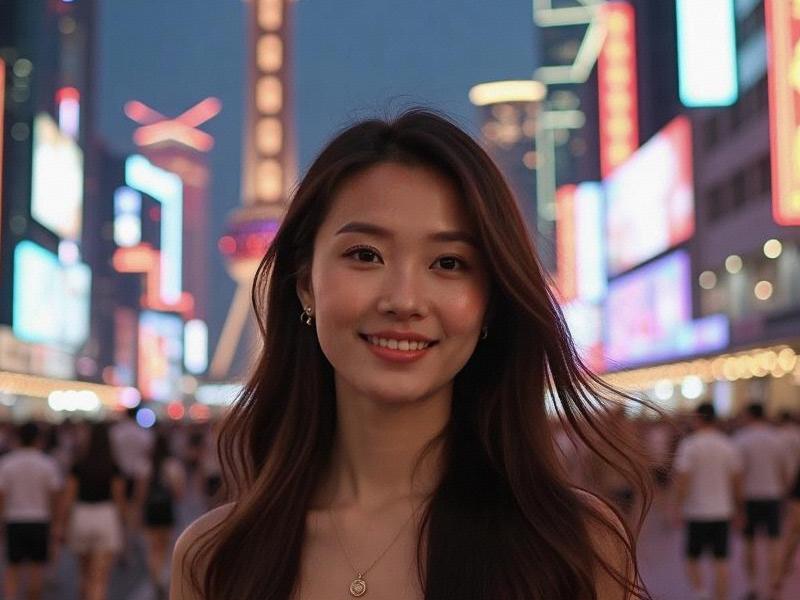This investigative piece explores Shanghai's vibrant entertainment scene, tracing its historical roots in the Jazz Age to today's sophisticated club culture, while examining current trends, government policies, and the impact of digital transformation on the city's night economy.

The Evolution of Shanghai's Nightlife: From Jazz Age Glamour to Modern Entertainment Hubs
The neon lights of Shanghai's entertainment districts tell a story of cultural fusion and economic transformation. As China's most cosmopolitan city, Shanghai has long served as the nation's nightlife capital, where East meets West in a dazzling display of music, dance, and social interaction.
Historical Foundations: The Jazz Age Legacy
Shanghai's entertainment culture traces its roots to the 1920s-1930s when the city was known as the "Paris of the East." Iconic venues like:
• The Paramount Ballroom (百乐门)
• Canidrome Ballroom
• Cathay Hotel's jazz bar
set standards for luxury entertainment that still influence today's venues. These establishments blended Western jazz with Chinese musical traditions, creating Shanghai's distinctive "shidaiqu" (时代曲) music style.
Modern Entertainment Landscape
Today's Shanghai boasts over 3,000 registered entertainment venues, including:
1. High-End Clubs:
- Bar Rouge (外滩18号)
- M1NT (会员制俱乐部)
爱上海论坛 - TAXX (超级俱乐部)
2. Luxury KTV Chains:
- Party World (钱柜)
- Cashbox (好乐迪)
- Shanghai Night (上海歌城)
3. Live Music Venues:
- JZ Club (爵士酒吧)
- Yuyintang (育音堂)
- Modern Sky Lab (摩登天空)
The Night Economy Boom
Shanghai's night economy generates approximately ¥500 billion annually, accounting for nearly 10% of the city's total consumption. Key developments include:
✓ The "Shanghai Night" initiative promoting 24-hour zones
✓ Integration of digital payment systems
上海龙凤419手机 ✓ VIP membership ecosystems
✓ Fusion of F&B with entertainment concepts
Government Regulations and Challenges
Recent policy changes have significantly impacted the industry:
- Stricter licensing requirements (2018 Entertainment Venue Management Regulations)
- Mandatory closing times for most venues (2:00 AM)
- Increased surveillance and ID verification systems
- Crackdowns on unregistered "after-hours" clubs
Cultural Fusion and Innovation
Shanghai's entertainment venues continue evolving with:
• "Guochao" (国潮) themed clubs incorporating traditional Chinese elements
• AI-powered recommendation systems
• Virtual reality experiences
• Celebrity-owned venues attracting younger demographics
上海龙凤419
The Pandemic's Lasting Impact
COVID-19 accelerated several trends:
→ Shift toward smaller, boutique venues
→ Increased hygiene standards
→ Growth of private membership clubs
→ Hybrid online-offline entertainment models
Future Outlook
As Shanghai positions itself as a global entertainment capital, key developments to watch include:
☆ The planned Disneyland entertainment district expansion
☆ New waterfront development projects along Huangpu River
☆ Potential relaxation of alcohol licensing laws
☆ Growing competition from Chengdu and Shenzhen's nightlife scenes
Conclusion
Shanghai's entertainment industry remains at the forefront of China's cultural and economic development. While facing regulatory challenges and changing consumer preferences, the city's unique blend of historical charm and cutting-edge innovation continues to attract both domestic and international revelers. As one longtime club owner observed, "Shanghai doesn't sleep - it just changes its rhythm."